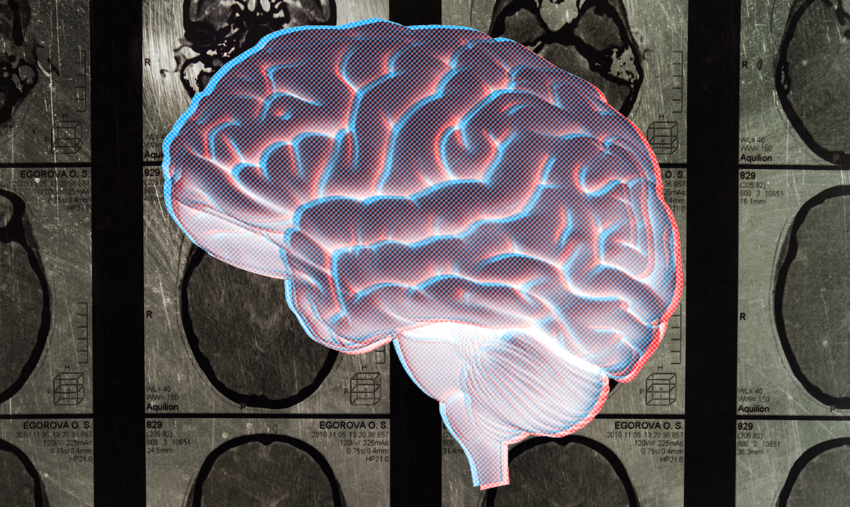The call is coming from inside your body
Scientists know all sorts of new things about you. Come see!

Let me hear your body talk! That’s a lyric that scientists have probably been singing lately, as they learn more about what’s going on inside you, making breakthroughs that could have big impacts on our mental and physical health. So hop on our magic school bus, we’re going for a deep dive!
So then why are the ranchers so jolly?
Feeling lonely? If so, are you also in the mood for some sweets?
According to a new study in JAMA, there is totally a solitude/sweet tooth connection. The California-based researchers found 93 women of varying loneliness and put ‘em in an MRI scanner (one at a time, probably) and showed them images of sweet foods, savory foods, and other things that aren’t food at all. Lo and behold, the participants who most considered themselves to be socially isolated also had the most activity in the sweet-tooth regions of the brain.
The study builds on previous research blaming loneliness for cognitive decline, poor mental health, weight gain, and obesity-related diseases, and it offers fresh evidence (like we needed it) that we’re prone to eat our feelings. In an interview with Everyday Health, the director of Tulane’s public-health school (who was not involved in the study) suggested looking at the bright side: It means you can influence your eating habits by making changes to your social life. If you have a hard time making friends, try joining a club, volunteering for a cause, or anything else that increases social interaction. Your body will thank you!
… but they’re still working on the chicken/egg thing
A bunch of chicks (the fuzzy yellow kind) helped researchers crack a philosophical question asked by William Molyneux in 1688: If someone is born blind, and they can tell two items apart by touch, would they recognize the items if they had their sight restored? (We’re not sure if Molyneux smoked a lot of weed or what.)
For the first 24 hours of these chicks’ lives, the researchers raised them in darkness, along with either a bumpy or smooth sensory cube–their first tactile experience. Then when they turned on the lights and placed the chicks in an arena with both cubes, most chicks gravitated toward the kind they’d been snuggling in the dark. According to lead scientist Elisabetta Versace, “It suggests that our brains are prewired to make connections between different senses, even before we have never used them together.”
For us humans, the study represents a breakthrough in how the brain makes connections between the senses. (And that no stoner-y question is too weird to answer with science!)
Better living through chemistry!
Continuing on the subject of our amazing brains, a global research effort has uncovered a relationship between the brain’s pH and lactate levels, and a slew of neurological and mental health disorders, including Alzheimer’s, autism, depression, schizophrenia, and more.
In the extensive collaboration by the International Brain pH Project Consortium–involving 131 scientists from 105 labs in seven countries–they studied mice, rats, and chicks that were “genetically modified to mimic neuropsychiatric and neurodegenerative diseases.” (Weird, but OK.) Many of the animals displayed significant changes in pH and lactate levels, implying that these changes are a common factor in a range of neurological and mental health disorders.
The results suggest that testing brain pH and lactate levels may serve as important biological markers for these disorders. One physiologist working on the project said that furthering this research could help to develop tailored treatments for people exhibiting certain brain chemistries. And that means it may be the answer to so many neurodegenerative and mental health disorders for which cures and treatments have been elusive for so long.
In the meantime, please, don’t stick litmus paper in your brain.
